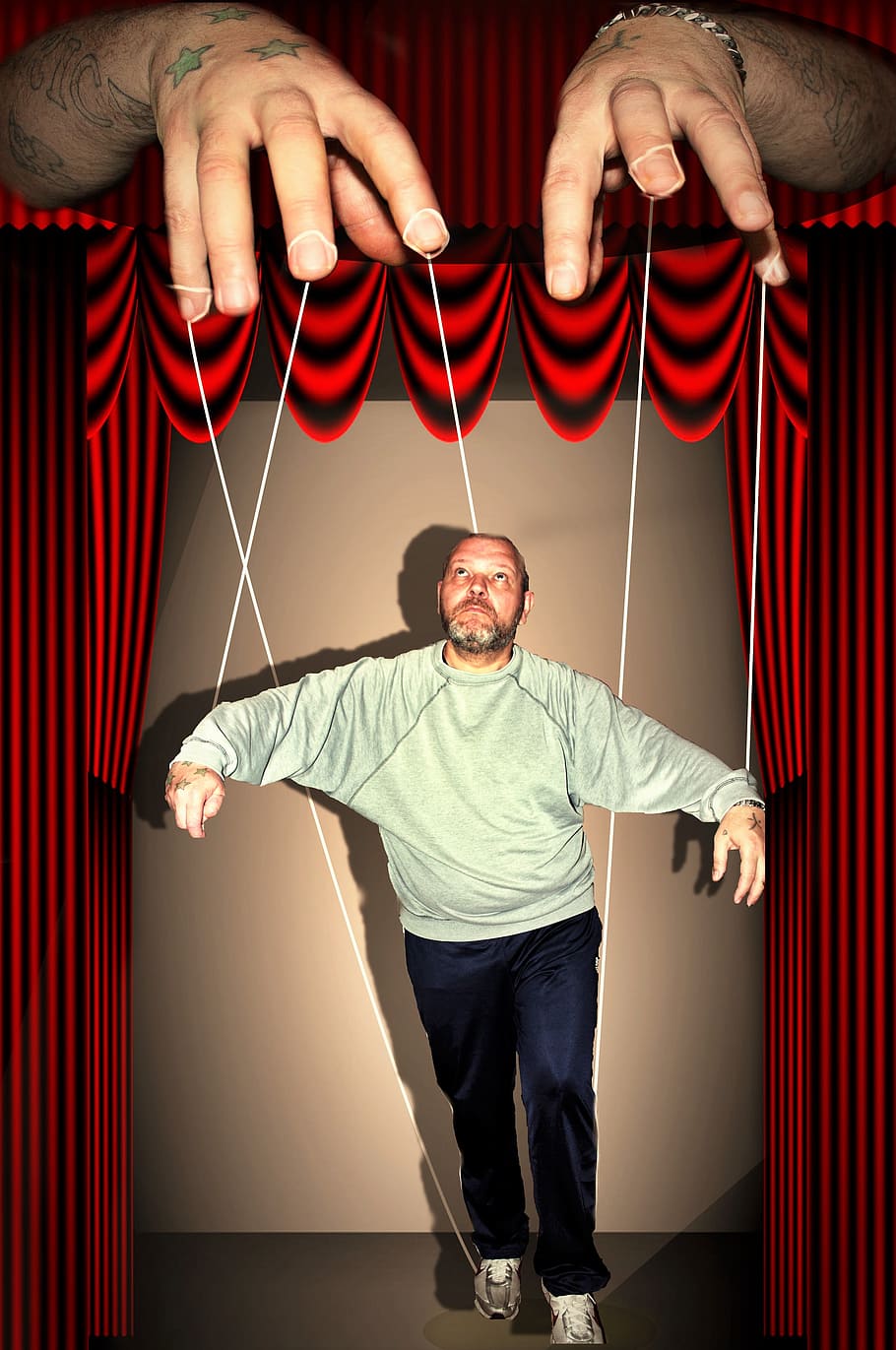As the bystander to the lives of those around you, what are the boundaries of intervention and moral choice? When does your own idea of what is best for another person overrule that person’s own judgement? If you think that someone is falling down a toxic rabbit hole, unable to escape due to their own blindness to their plight, can you take actions to intervene, knowing they may be temporarily hurt, but that they will have an ameliorated situation in the long run?
I think this dilemma is one that can be justified from both perspectives. On the one hand, it can be easy to think that it is morally just to intervene if you witness someone trapped in a terrible situation, especially if their life is at risk. As an easy example, the arguably correct thing to do when you become aware someone close to you is a victim of domestic abuse would be to save them from this objectively harmful environment. Those words “save” and “objectively” become hazy in the face of more nuanced plights. In the case of domestic abuse, the person is in objective, immediate danger. Similarly, a serious threat of suicide cannot be met with inaction; their life is on the line, so, despite the fact this may contradict their current wishes, it is vital to intervene and get them help. However, in instances where the negative situation is not as well defined, can we apply this same logic that the person is objectively in need of saving?
I would advocate that, besides these situations of urgent danger, thinking you know what is best for someone does not give you the right to act on those beliefs. That is not to say you should stand by amidst someone’s suffering. Communication is key; please, by all means, avidly express to them what you believe to be damaging to their well-being. Rather, I am arguing that, if you thoroughly communicate these thoughts, and this person does not heed your advice, you have no right to bypass their wishes and force something upon them. From a jealous boyfriend interfering in my “toxic” friendship under a guise of protectiveness to people forcing Title IV upon me against my wishes as a victim, I have felt the harm of people who love me “doing it for my own good.” But, no matter how justified and righteous you believe your actions to be, no matter how much you think you are “saving” someone from a situation they do not realize is detrimental, “my own good” is up to me, and “your own good” is up to you.



